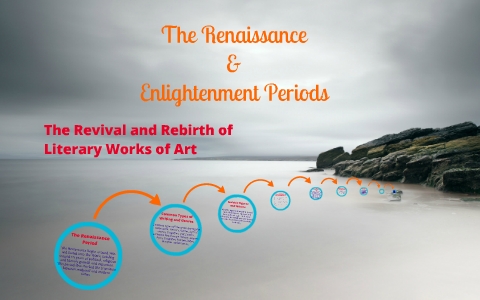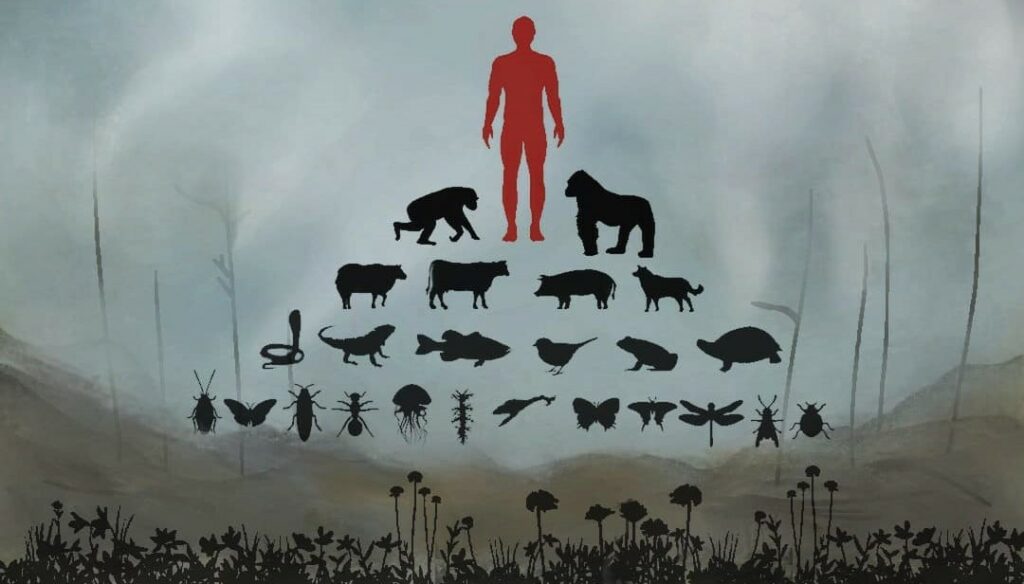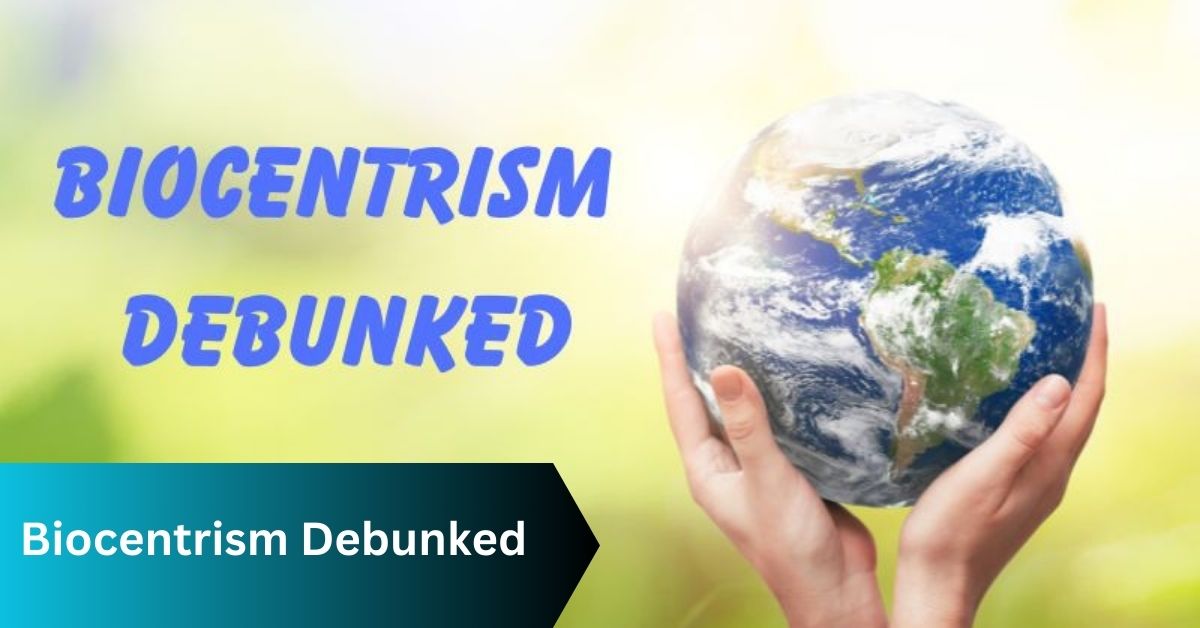Biocentrism, sparking debates in science and philosophy, suggests a profound change in how we perceive the universe.
Many view biocentrism as an enhanced way to see the universe, while others struggle with its concepts. Arguments for and against its ethics have emerged over time. Begin your exploration of this topic with us for deeper insights!
What Biocentrism Mean? – Briefly Discuss!
Biocentrism is a philosophical and scientific viewpoint that places life and living organisms at the center of our understanding of the universe.

Unlike other perspectives that prioritize non-living matter or abstract principles, biocentrism emphasizes the intrinsic value and significance of all living entities, from the simplest microorganisms to complex organisms like humans.
At its core, biocentrism challenges the traditional anthropocentric (human-centered) view of the world, suggesting that life is not just an accidental outcome or a peripheral aspect of the cosmos but a fundamental and central part.
This perspective posits that the existence and characteristics of the universe are intimately linked to the presence and nature of life within it. Proponents of biocentrism argue that recognizing the central role of life can lead to a more holistic and interconnected understanding of reality.
Biocentrism’s Past – Complete Guidelines!
1. Ancient Philosophical Roots:
The idea of placing significance on life has ancient origins. Philosophers like Aristotle discussed the importance of living beings in the context of their environments.
2. Renaissance and Enlightenment Periods:
During the Renaissance and Enlightenment eras, there was a resurgence of interest in understanding the natural world. Thinkers began to question human-centric views, setting the stage for biocentric ideas.

3. 19th Century Developments:
The 19th century saw a growing appreciation for biodiversity and ecosystems. Naturalists and scientists started emphasizing the intricate connections between organisms and their environments, laying foundational ideas for biocentrism.
4. 20th Century Revival:
With increasing environmental awareness in the 20th century, the biocentric viewpoint gained traction. Philosophers and environmentalists began advocating for a worldview that prioritized the value of all living things.
5. Scientific Contributions:
As ecological sciences evolved, concepts like the Gaia hypothesis, which suggests Earth functions as a self-regulating organism, further contributed to biocentric discussions.
6. Modern Biocentric Theories:
In recent decades, scholars and scientists have refined biocentric theories, integrating them with advancements in ecology, ethics, and sustainability. This has led to a more nuanced understanding of the interconnectedness of life.
7. Debates and Criticisms:
Throughout its history, biocentrism has faced critiques. Some argue it oversimplifies complex ecological systems, while others question its compatibility with certain scientific paradigms.
In essence, the history of biocentrism is a tapestry of philosophical musings, scientific discoveries, and evolving perspectives on the relationship between life and the universe.
Read Also: Everything You Need To Know About “Oygen” – Guide In 2023!
Biocentric ethics’ detractors – Let’s Explore!
1. Anthropocentric Arguments:
Critics often argue from an anthropocentric perspective, believing that humans hold a special or superior position in the ethical framework due to factors like intelligence, consciousness, or divine creation.

2. Practicality Concerns:
Some detractors raise practical concerns, suggesting that strict biocentric ethics could hinder human activities essential for survival, such as agriculture, industry, or medical research.
3. Overemphasis on Individual Organisms:
Critics point out that focusing solely on individual organisms can overlook the importance of species, ecosystems, and broader ecological processes. They argue for a more holistic approach to environmental ethics.
4. Incompatibility with Conservation:
Critics suggest that biocentric ethics might conflict with conservation efforts. For instance, protecting a single organism could potentially jeopardize the survival of other species or disrupt ecological balance.
5. Challenge of Implementation:
Implementing biocentric ethics in practical decision-making poses challenges. Detractors question how to prioritize conflicting interests among different organisms or determine the ethical course of action in complex ecological scenarios.
6. Religious and Cultural Objections:
In some religious and cultural contexts, human dominion over nature is a deeply ingrained belief. Biocentric ethics, which challenges such beliefs, can face resistance on these grounds.
7. cientific Critiques:
From a scientific standpoint, some argue that biocentrism lacks a clear empirical basis. They contend that the principles of biocentric ethics are not universally applicable and might not align with current ecological understanding.
Read Also: QXEFV – Be Up To Date On The Latest Scientific Findings!
What does biocentric ethics teach us? – A Deep Dive!
Biocentric ethics teaches us to recognize and respect the intrinsic value of all living organisms. Rather than viewing nature solely in terms of its instrumental value to humans, such as the resources or services it provides, biocentrism emphasizes the inherent worth of every organism.

This perspective underscores the interconnectedness of life and the importance of preserving biodiversity. It promotes a holistic approach to environmental stewardship, advocating for the protection of ecosystems and species, not just for their utility to humans but for their inherent right to exist.
By embracing biocentric ethics, individuals and societies are encouraged to reevaluate their relationship with the natural world, fostering a deeper sense of responsibility and reverence for all living entities and the intricate web of life on Earth.
Is the Science of Biocentrism? – Let’s Check!
1. Nature of Biocentrism:
Biocentrism primarily emerges from philosophical inquiries rather than empirical scientific investigations. It emphasizes the intrinsic value of living organisms and their central role in the universe’s understanding.
2. Intersections with Scientific Disciplines:
While biocentrism is rooted in philosophy, it intersects with various scientific fields. Notably, concepts from ecology, evolutionary biology, and systems theory resonate with biocentric principles.
3. Philosophy vs. Empirical Science:
It’s crucial to differentiate between the philosophical stance of biocentrism and empirical scientific theories. Biocentric ideas can inspire scientific research, but they aren’t testable hypotheses in the same way as established scientific principles.
4. Applications in Ecology:
Within scientific contexts, biocentric principles often inform ecological studies. Researchers might explore how ecosystems function and the importance of preserving biodiversity, aligning with biocentric values.

5. Ethical and Conceptual Framework:
At its core, biocentrism offers a framework for understanding the value and interconnectedness of life. While this perspective influences scientific discussions, its foundational principles remain philosophical.
In summary, while biocentrism resonates with scientific disciplines like ecology, it remains rooted in philosophy, addressing broader questions of value, ethics, and our relationship with the natural world.
Read Also: Water Whirl nyt – Unleash Your Inner Wordsmith!
Frequently Asked Questions:
1. Is biocentrism supported by scientific evidence?
While biocentric ideas intersect with some scientific concepts, the core tenets of biocentrism are philosophical rather than empirically established scientific theories.
2. How does biocentrism differ from anthropocentrism?
Anthropocentrism prioritizes human interests and values over other living organisms, while biocentrism advocates for equal consideration and respect for all life forms.
3. Can biocentrism coexist with other ethical frameworks?
While biocentrism presents a distinct ethical perspective, it can complement other ethical frameworks, depending on the context and the values prioritized.
4. Is biocentrism widely accepted in the scientific community?
Biocentrism is more prevalent as a philosophical stance than a universally accepted scientific theory. Its acceptance varies among scientists and scholars, with ongoing debates and discussions.
Conclusion:
At the end of the conclusion,
Biocentrism, igniting discussions in both science and philosophy, proposes a fundamental shift in our understanding of the cosmos.
Read More:


